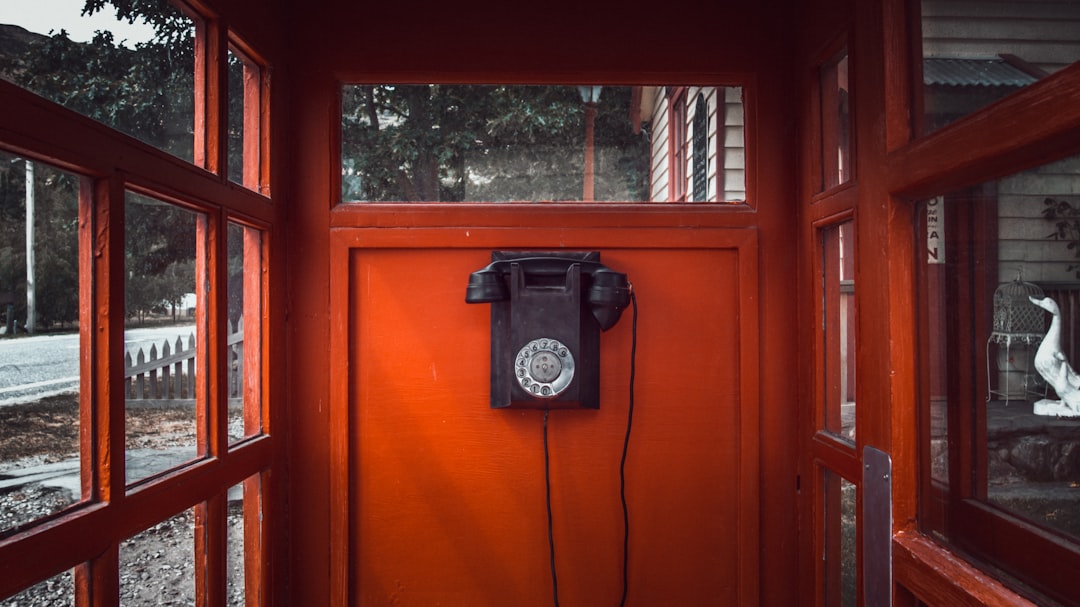Spam calls are a significant issue in Huntsville, Alabama, like many other places nationwide. Local surveys are essential to understanding the problem's scope and identifying patterns. These surveys empower residents to share their experiences, guiding targeted initiatives and policy changes to combat spam calls. By gathering data on call frequency and impact, surveys reveal the true cost of unwanted intrusions, justifying local Do Not Call list efforts and advocating for more stringent anti-spam legislation, known as How to Stop Spam Calls Alabama. Residents can protect themselves with blocking apps or enhanced caller ID services, while authorities and telecom providers use survey data to develop targeted solutions for a safer communications environment.
In Huntsville, Alabama, like many places, spam calls are a persistent nuisance. Understanding their impact on the community is crucial to tackling this issue effectively. This guide explores how local surveys can be used as a powerful tool to measure and quantify the distress caused by spam calls. From designing relevant questions to analyzing responses and advocating for anti-spam legislation, learn practical steps to mitigate this problem in Alabama.
Understanding the Scope of Spam Calls in Huntsville, Alabama

In Huntsville, Alabama, like many places across the country, spam calls have become an increasingly common nuisance. These unwanted phone calls from telemarketers, scammers, and automated systems can be frustrating and even dangerous, as they often attempt to sell products, promote services, or steal personal information. Understanding the scope of this issue is the first step towards finding effective solutions, especially when considering that traditional methods like do-not-call lists may not always stop these persistent calls.
Local surveys play a crucial role in gauging the extent of spam call problems within the Huntsville community. By collecting data on frequency, types, and sources of unwanted calls, residents can identify patterns and hotspots. Armed with this knowledge, individuals can take proactive steps to protect themselves, such as installing specialized blocking apps or registering for enhanced caller ID services. Moreover, local authorities and telecom providers can use survey results to design targeted initiatives on how to stop spam calls Alabama-specific, ensuring a safer and less cluttered communications environment for residents.
Why Local Surveys Are Essential for Measuring Spam Call Impact

Local surveys play a pivotal role in understanding the true impact of spam calls within a specific community, such as Huntsville, Alabama. Unlike state-wide or national data that may offer broad insights, local surveys provide granular information tailored to the unique characteristics and preferences of residents. By directly engaging with individuals who receive spam calls, these surveys uncover valuable details about call frequency, types of unwanted messages, and the emotional toll these intrusions take on everyday lives.
Moreover, local surveys empower residents to share their experiences openly, leading to more effective strategies for how to stop spam calls in Alabama. The collective feedback can guide local authorities, telecom companies, and advocacy groups in implementing targeted interventions, raising awareness, or introducing legislation to mitigate the problem. Ultimately, these grassroots efforts can contribute to a quieter, less disruptive environment for all citizens.
Designing Effective Spam Call Survey Questions

Designing an effective survey is key to gathering accurate insights about spam call impact in Huntsville, AL. When crafting questions, keep them concise and focused. Ask specific types of questions like: “How often do you receive spam calls?” and “On a scale of 1-5, how annoyed are you by these calls?” Avoid leading questions that might bias responses; for instance, instead of asking “Don’t you think spam calls are a nuisance?”, try “How disruptive do you find spam calls to your day?”
Incorporate open-ended questions allowing respondents to share experiences and suggestions on how to stop spam calls Alabama. This qualitative data provides valuable context and potential solutions. Remember, clarity and simplicity are essential for encouraging honest participation and ensuring the survey effectively captures the community’s perspective on this pervasive issue.
Collecting and Analyzing Responses to Gauge Community Distress

Local surveys provide a direct line to the community’s collective experience with spam calls in Huntsville, Alabama. By collecting and analyzing responses from residents, organizations can gain valuable insights into the extent of the problem and the level of distress it causes. These surveys should be designed to capture not only the frequency of spam calls but also their impact on daily life and well-being.
Asking open-ended questions about how frequent spam calls disrupt routines, cause stress, or lead to safety concerns can offer quantitative data that illustrates the community’s overall frustration. This information is crucial in understanding the true cost of spam calls and justifying efforts to implement solutions like Do Not Call lists at a local level. By gauging the community’s distress, residents of Huntsville can work together to stop spam calls Alabama-wide through targeted initiatives and policy changes.
Utilizing Survey Data to Advocate for Anti-Spam Legislation and Solutions

Local surveys offer valuable insights into the impact of spam calls, which can be instrumental in advocating for more stringent anti-spam legislation. By gathering data on frequency, sources, and annoyance levels, residents can present a compelling case to local representatives. This information is crucial when pushing for stricter regulations that can effectively curb spam call issues in Huntsville, Alabama.
Survey results can highlight the need for enhanced consumer protection and support the development of innovative solutions. With concrete evidence, community members can engage with policymakers, ensuring that How to Stop Spam Calls Alabama becomes a priority. This collaborative approach leverages the power of local knowledge to create sustainable change and improve the overall well-being of the community.






